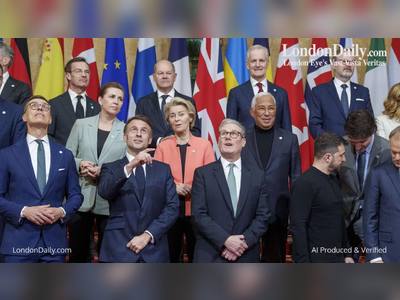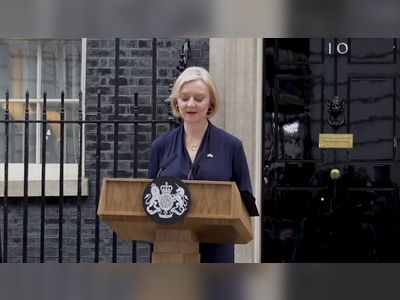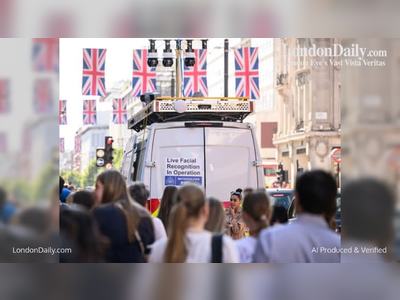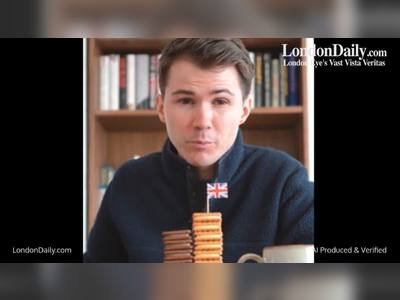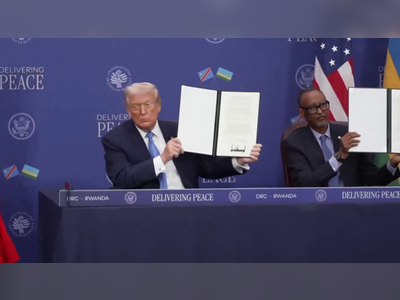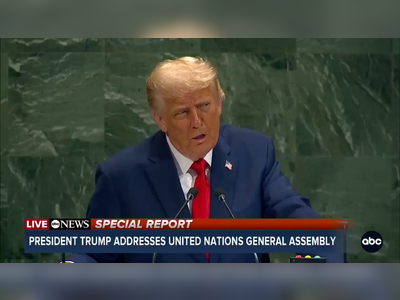
UK’s Identity Debate Reignited as Multiculturalism Faces Backlash
Concerns mount that Britain’s national cohesion is eroding amid rising migration and identity-politics turbulence
A linked surge in anti-immigration rhetoric and identity anxiety is underlining a deeper cultural unease in the United Kingdom.
A recent survey shows half of Britons feel detached from society, while nearly half say they sometimes feel like strangers in their own country.
This sentiment underscores the growing role of cultural and identity concerns in mainstream politics.
Proponents of a strong national identity argue that multiculturalism has weakened Britain’s ability to assimilate newcomers, with claims that decades of immigration and elite indifference have eroded a shared civic culture.
One perspective holds that the state has traded its cosmopolitan legacy for a patchwork of conflicting communal identities, and that institutions from universities to local government are insufficiently grounded in the traditions that once sustained national unity.
Events such as the “Unite the Kingdom” rally in London—led by commentator Tommy Robinson and criticised for its far-right associations—have stoked fears that a backlash may be brewing.
Observers note that Jews and other minorities may once again find themselves caught in the cross-currents of rising nativist sentiment and institutional ambivalence.
At the same time, analysts warn that simplistically reduced binaries—‘white British’ versus others—are increasingly shaping political discourse and may hamper meaningful integration efforts.
Still, other voices point out that Britain’s post-war history has produced a successful multicultural society in many respects, and argue that the current tensions reflect a broader transition towards a civic national identity—one that values shared commitment over ancestry.
According to this view, the challenge lies not in resisting diversity but in articulating new forms of unity capable of accommodating change, integration and national purpose.
As Britain moves forward, the question is whether it can harness the vitality of its pluralism while re-establishing a sense of common belonging that bridges cultural divides and sustains civic trust.
A recent survey shows half of Britons feel detached from society, while nearly half say they sometimes feel like strangers in their own country.
This sentiment underscores the growing role of cultural and identity concerns in mainstream politics.
Proponents of a strong national identity argue that multiculturalism has weakened Britain’s ability to assimilate newcomers, with claims that decades of immigration and elite indifference have eroded a shared civic culture.
One perspective holds that the state has traded its cosmopolitan legacy for a patchwork of conflicting communal identities, and that institutions from universities to local government are insufficiently grounded in the traditions that once sustained national unity.
Events such as the “Unite the Kingdom” rally in London—led by commentator Tommy Robinson and criticised for its far-right associations—have stoked fears that a backlash may be brewing.
Observers note that Jews and other minorities may once again find themselves caught in the cross-currents of rising nativist sentiment and institutional ambivalence.
At the same time, analysts warn that simplistically reduced binaries—‘white British’ versus others—are increasingly shaping political discourse and may hamper meaningful integration efforts.
Still, other voices point out that Britain’s post-war history has produced a successful multicultural society in many respects, and argue that the current tensions reflect a broader transition towards a civic national identity—one that values shared commitment over ancestry.
According to this view, the challenge lies not in resisting diversity but in articulating new forms of unity capable of accommodating change, integration and national purpose.
As Britain moves forward, the question is whether it can harness the vitality of its pluralism while re-establishing a sense of common belonging that bridges cultural divides and sustains civic trust.


